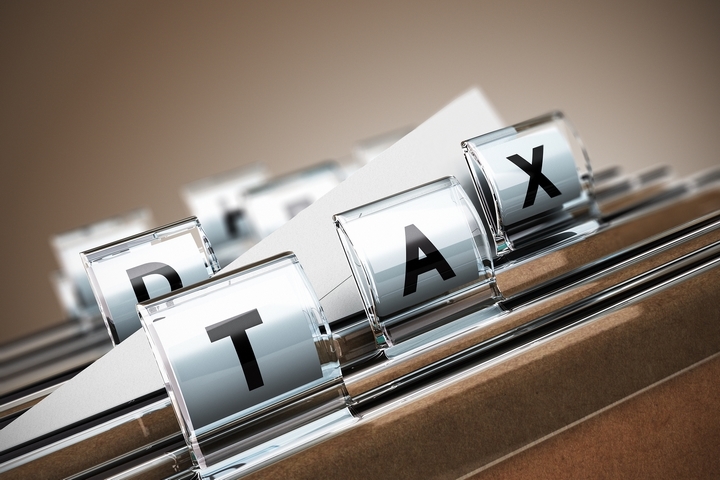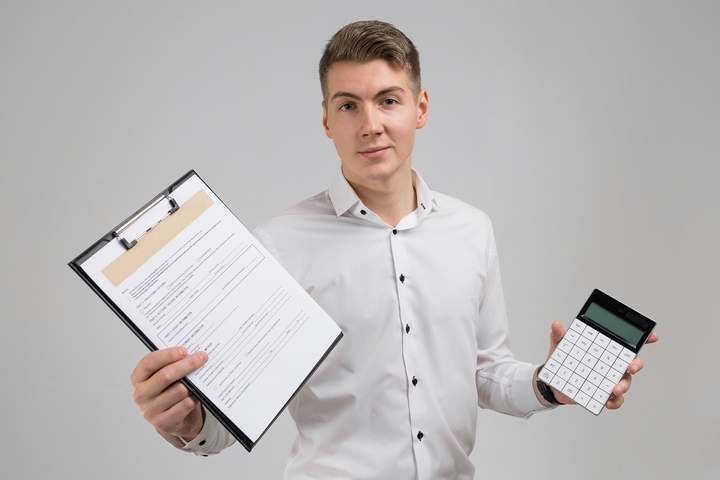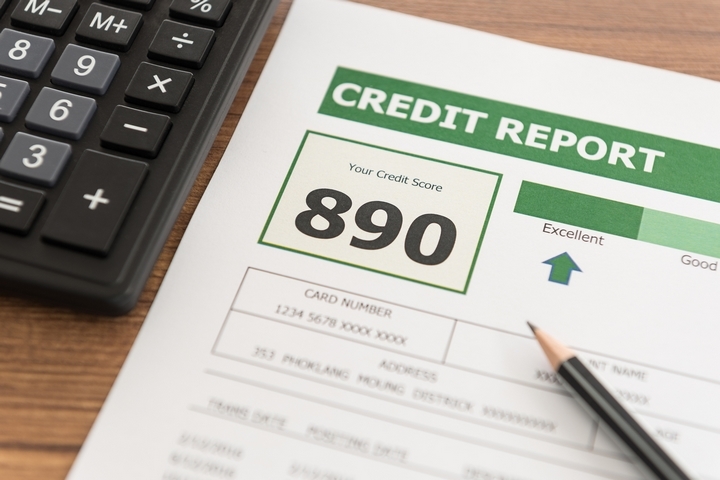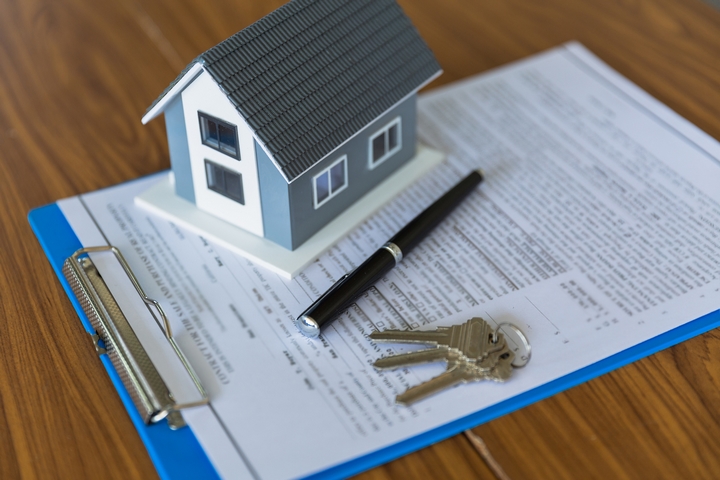There are a few things in life that can simultaneously provide a sense of excitement, along with a feeling of stress. Purchasing a home is one of those things. When you are searching for a new place to live, you will usually be advised to apply for a mortgage beforehand.
The mortgage application process is very intricate. It requires you to have a lot of information and documents ready for inspection. This can be particularly challenging if you do not know what documents are needed for mortgage application, especially if you are a first-time home buyer.
However, mortgage application doesn’t have be a stressful process. You likely already know how important the process is, so just ensure you have the essential documents needed for mortgage application. Having all the documentation will expedite the process, and help you refinance a mortgage with no trouble.
If you are looking for a new home, here are the seven essential pieces of documents needed for mortgage application:
1. Tax returns documents

Tax returns are essential documents needed for mortgage application. A loan as substantial as a mortgage requires lenders to look at your financial situation. In this case, they will eventually inquire about your assets, which will most likely result in them reviewing your tax returns. There will be some documents, such as a Form 4506-T, that allows a lender to receive a copy of your tax returns directly from the IRS.
Mortgage lenders, generally speaking, want to see at least one to two years of your tax returns. Not only does this give a good indication of your financial situation, it allows lenders to know if you have a consistent, dependable source of income. As long as there aren’t huge, arbitrary gaps in your tax returns, you should be good to go in this respect.
2. Proof of income

You will need documents to prove your income for mortgage application. Whereas tax returns inform a mortgage lender about the condition of your finances, a proof of income specifies what your current earnings look like. This is where having documents that showcase these earnings will come in handy. Thankfully, there isn’t one, sole document that can be shown to a lender.
For example, pay stubs, or evidence of recent pay that was deposited electronically, will work. A Notice of Assessment, which also indicates details of your current income, will also prove to be helpful as well. The more documents you have that demonstrate a good source of income, the more you increase your chances of successfully qualifying for a mortgage.
3. Bank statements

Bank statements are also required, in the event that you are applying for a mortgage. This is due to the fact that lenders need confirmation that you can make mortgage payments for a specific amount of time. You never know when an emergency may hit. So, lenders need to see if your bank statements prove that you have the assets to make these payments.
4. Credit history

Along with your financial situation, your credit history is one of the documents needed for mortgage application. This component comes in particularly important when potential risks are questioned. For example, if there exists any negative spots on your credit history, a lender needs to be notified. This helps them determine what sort of risk you pose, before applying for the actual mortgage.
In addition, you will need to show that you are demonstrably in control of your credit history, in spite of these blemishes. Having small, adverse areas on your credit history can still appear more favorable than one substantial, harmful spot. Be prepared to defend your circumstances!
5. Personal information documents

As is the case with most important financial agreements, a mortgage lender will ask for documents to verify your identity. This is done by taking a meticulous look at your personalized documents. Since they are wide-ranging, you will usually have multiple ways in which you can verify who you are.
Any documents showcasing your age or marital status, for example, should do the trick. Just be sure to have documents, such as a driver’s license, that have photo identification as well. This step may seem obvious, but it is one of the most vital components in the mortgage application process.
6. Property history documents

For home buyers who own or rent a property, mortgage lenders will require proof of your connection to the home. If you are in the case of the latter, be prepared to show documents that you have paid rent on time. This is crucial when showing a lender that you are fit to make monthly payments, especially if you want to help the look of your credit history.
7. Liabilities documents

When lenders evaluate your circumstances to determine the risk you may potentially pose, they inspect your liabilities. Most of us have debts in some varying magnitude, so you’ll need to be upfront about them when applying for a mortgage. Prepare a list that identifies what liabilities you have, such as a student loan, and what you are doing to reduce the overall debt.

